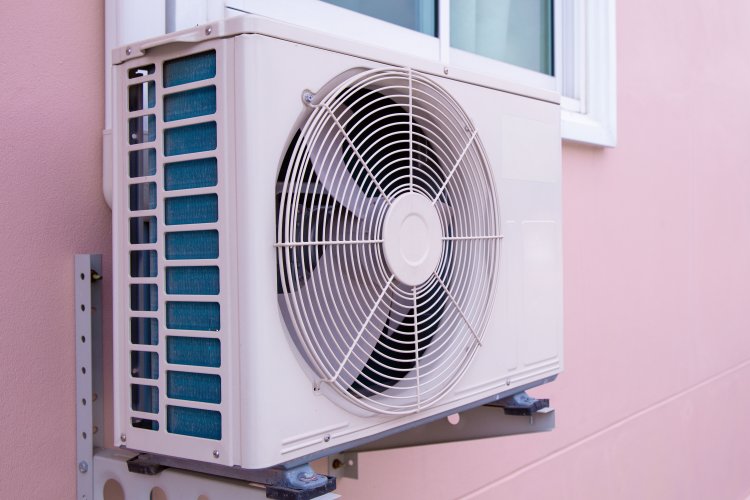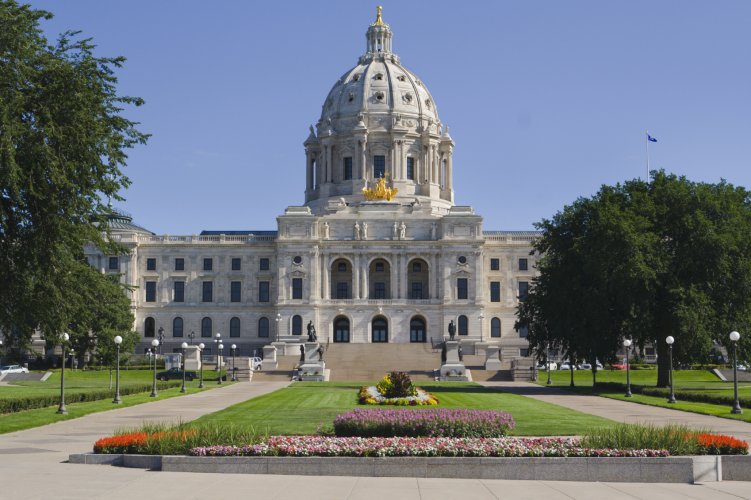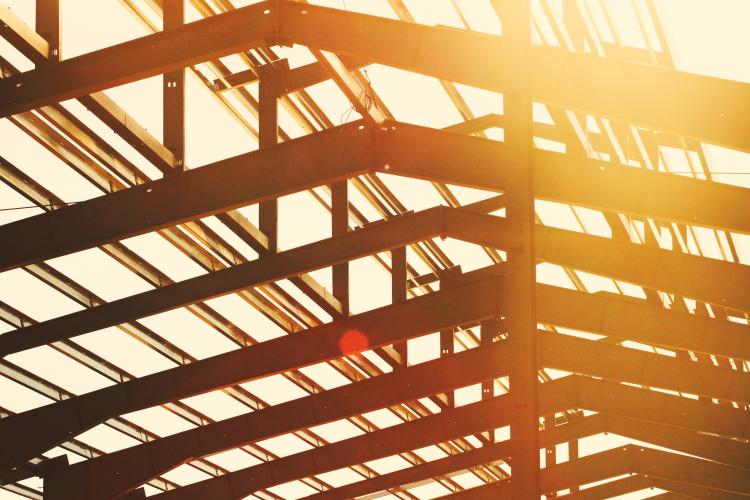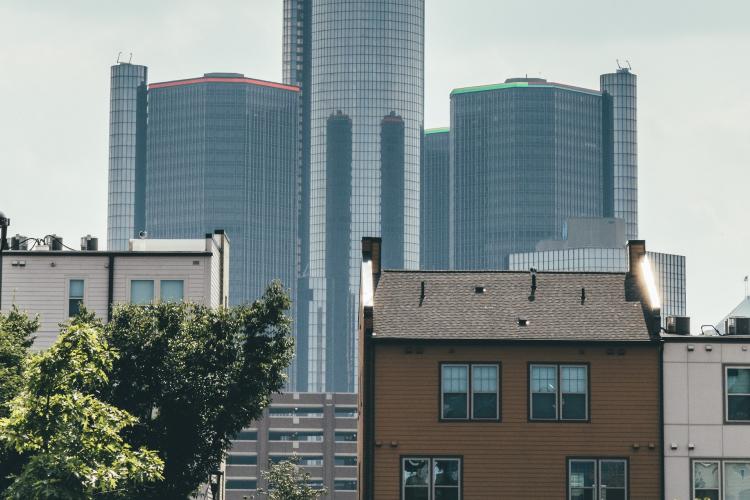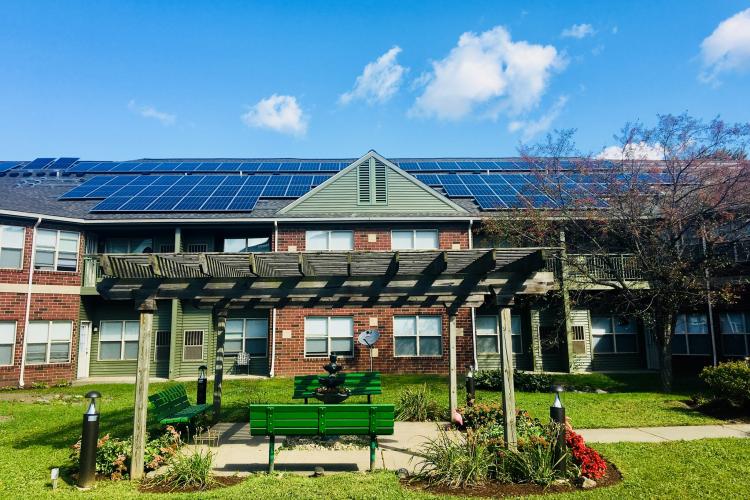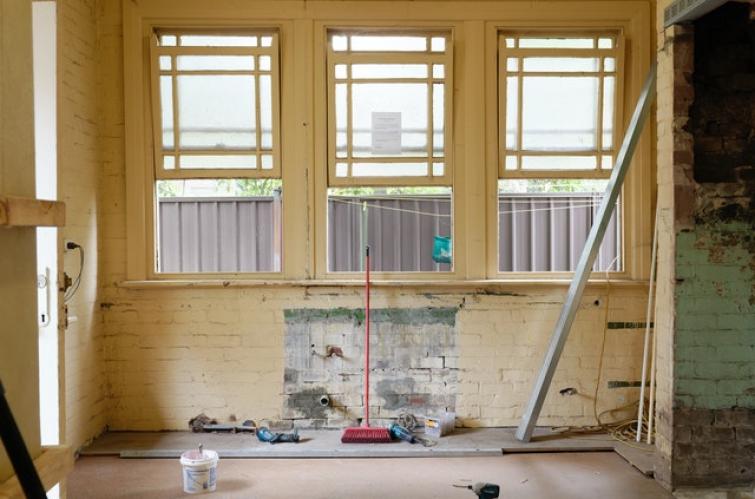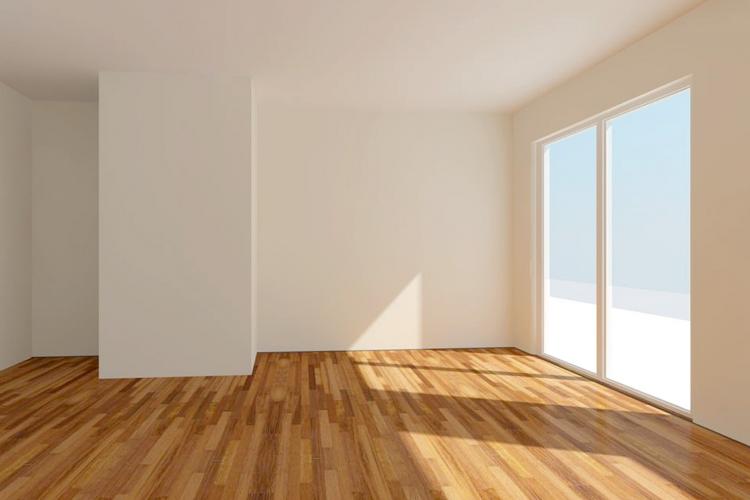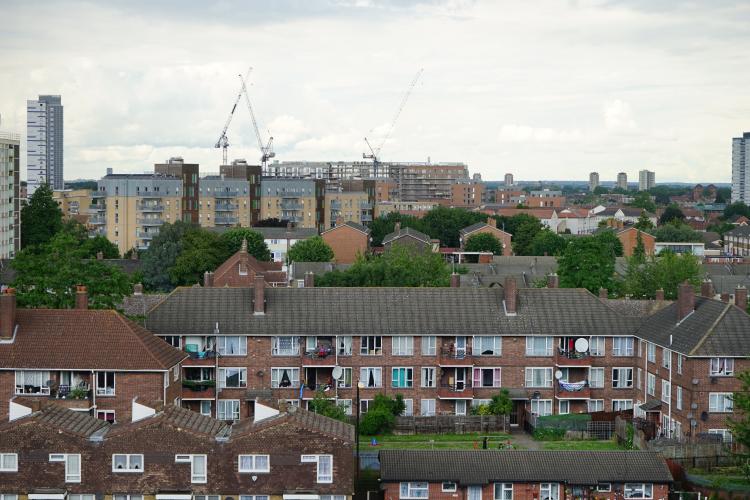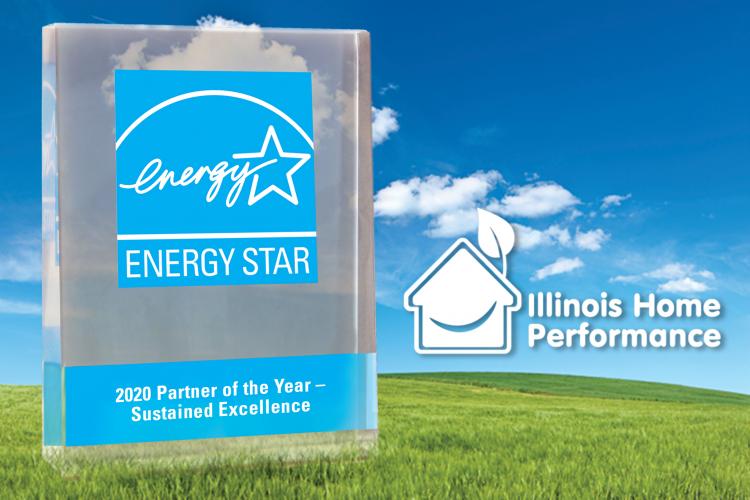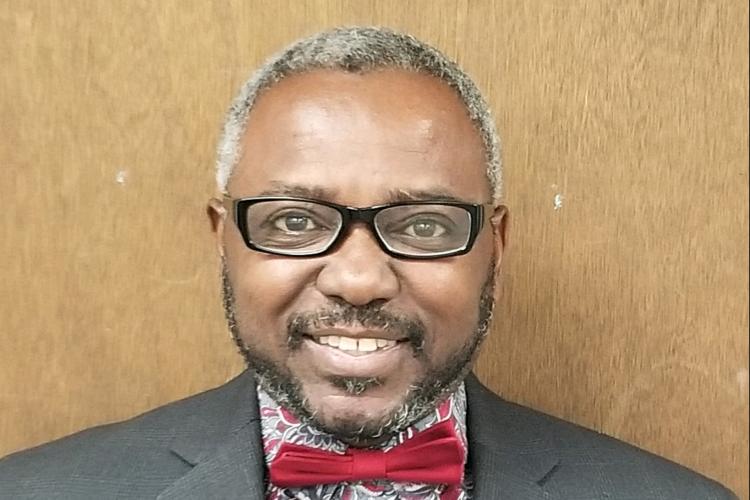Ensuring Cost Effective Heat Pump Solutions for Under-Resourced Communities
Building on the first part of this blog series, we’ll discuss the essential roles that stakeholders—program administrators, contractors, community agencies and government bodies—should play in helping underserved households secure the most suitable and cost-effective heat pump system. We will cover strategies that should be considered to mitigate upfront costs and help customers avoid negative utility bill impacts when installing a heat pump.
